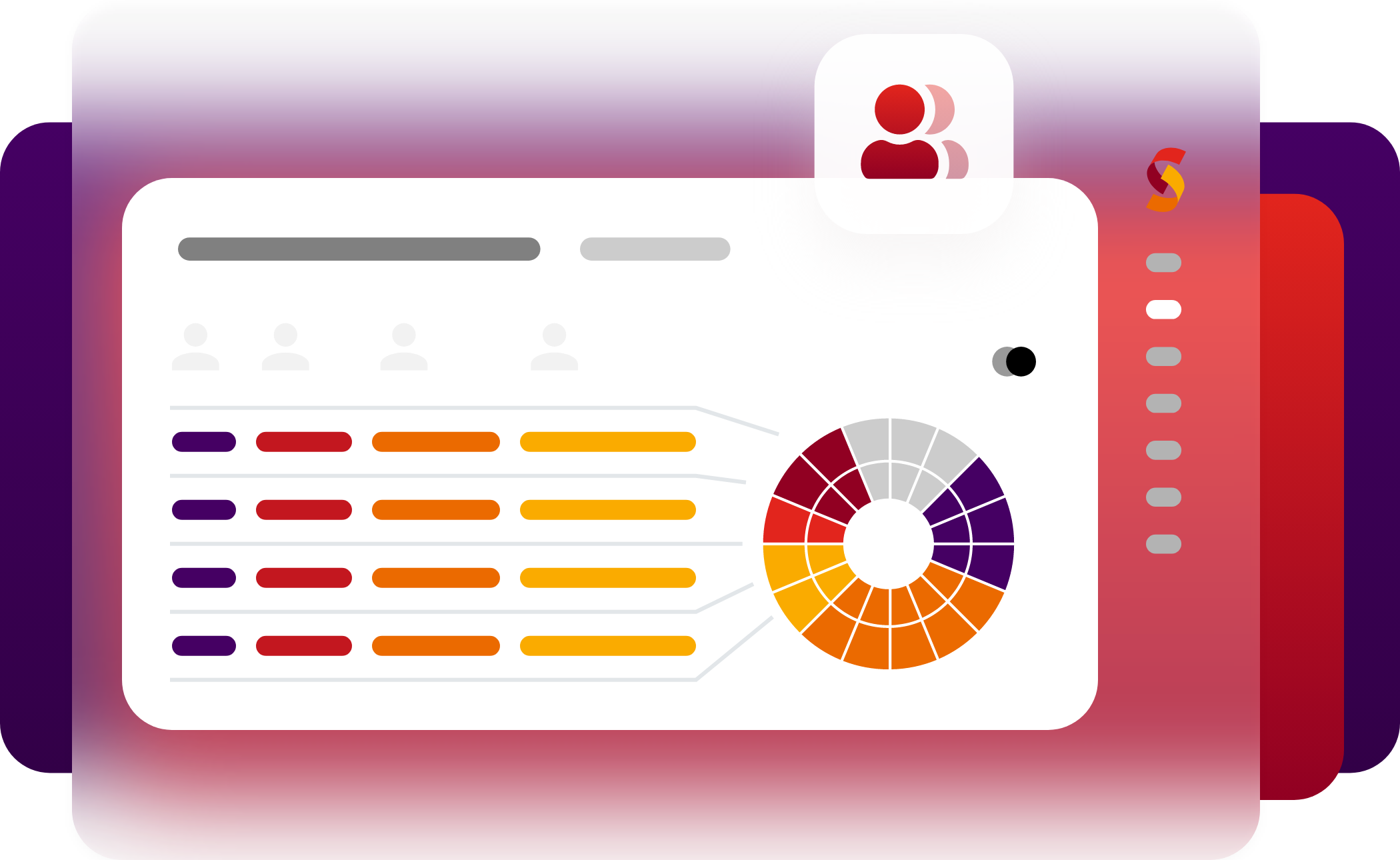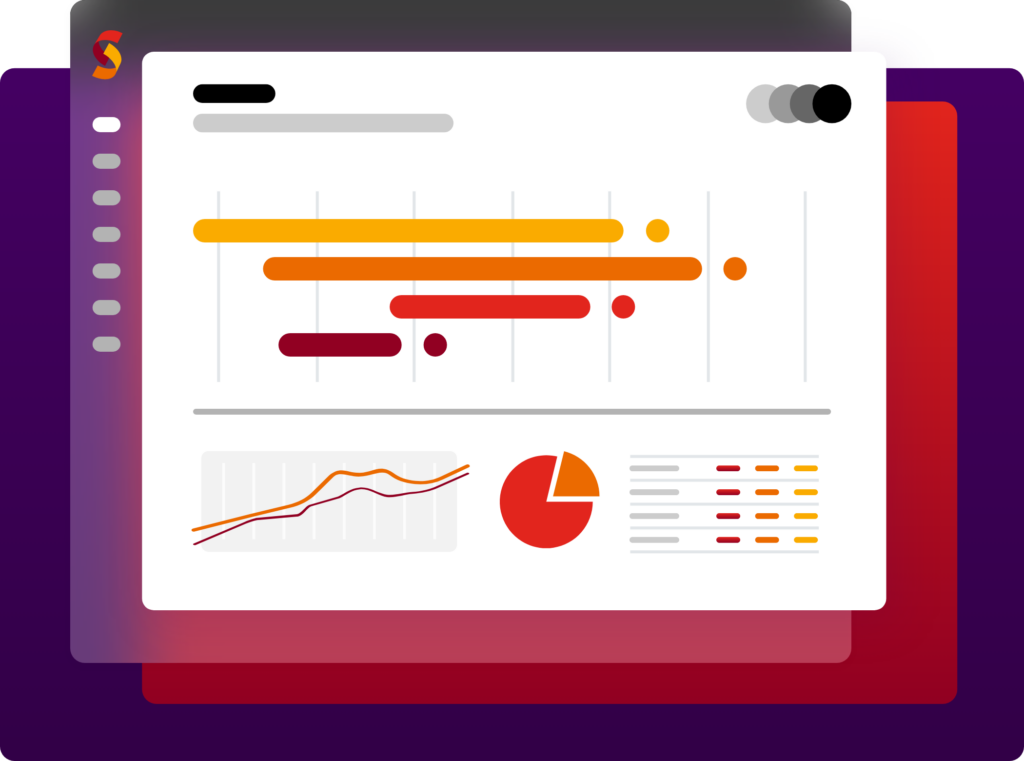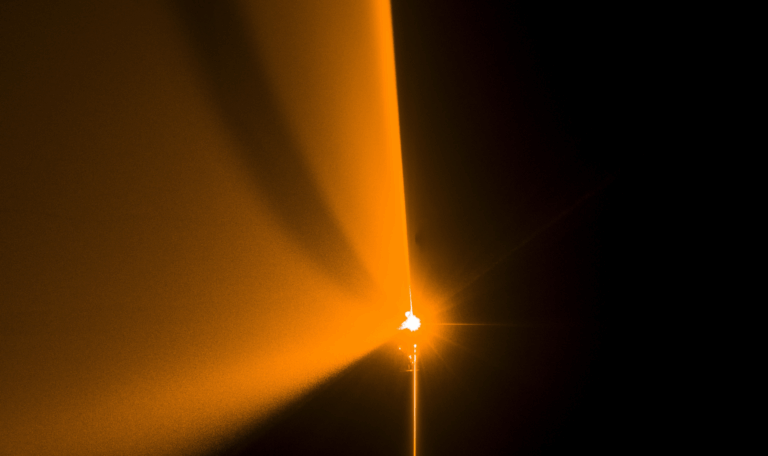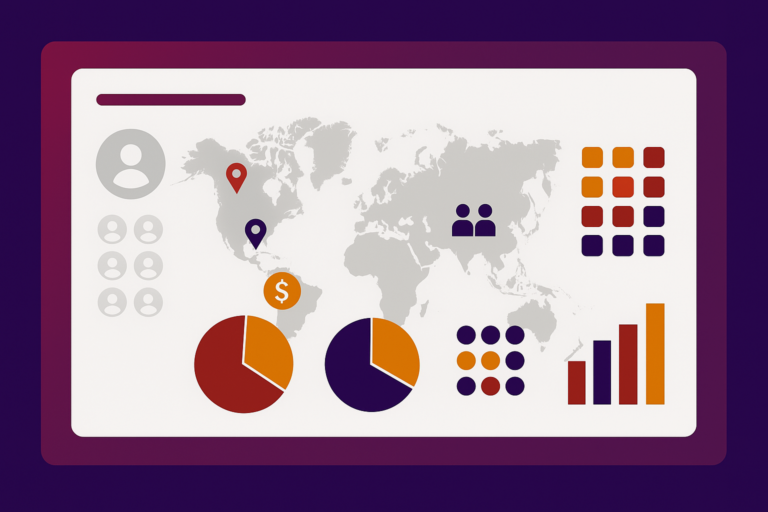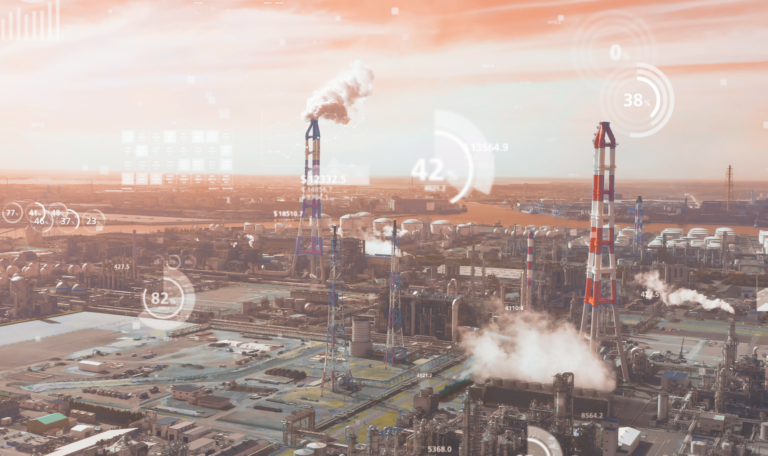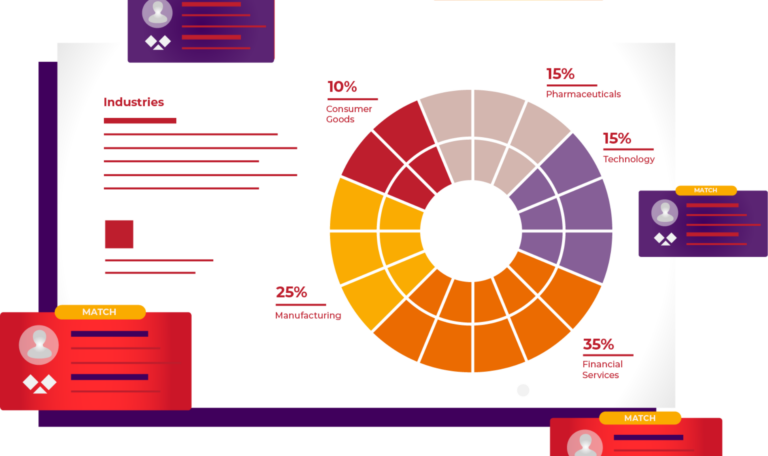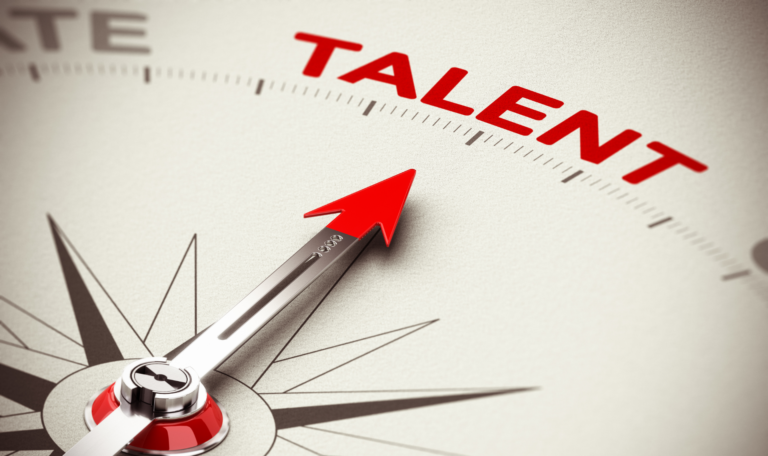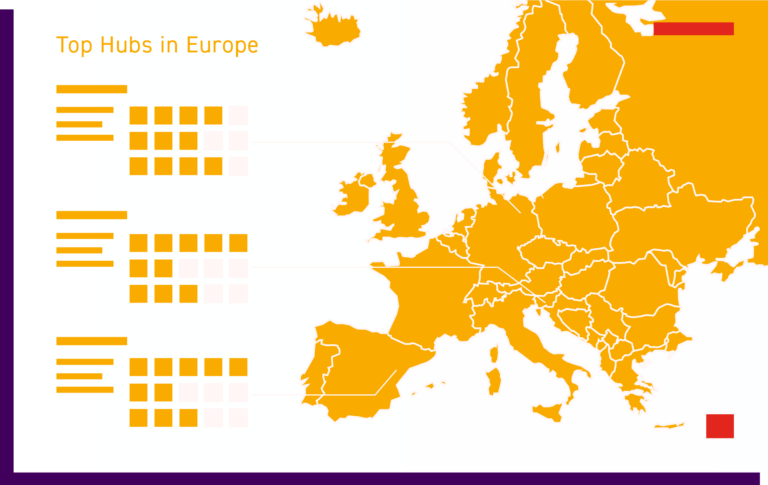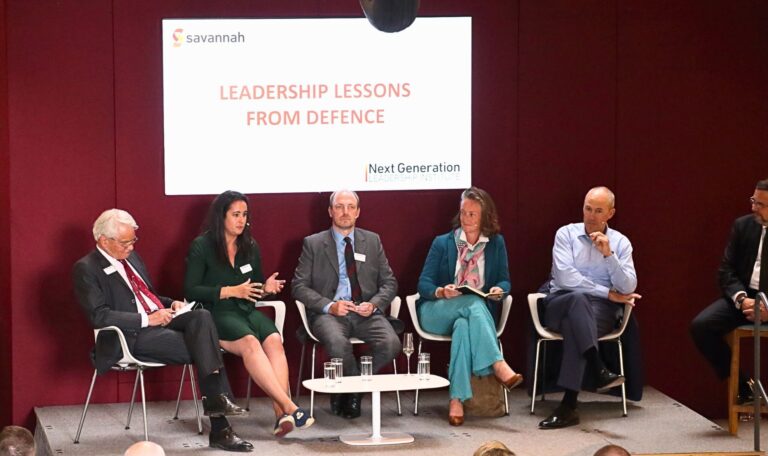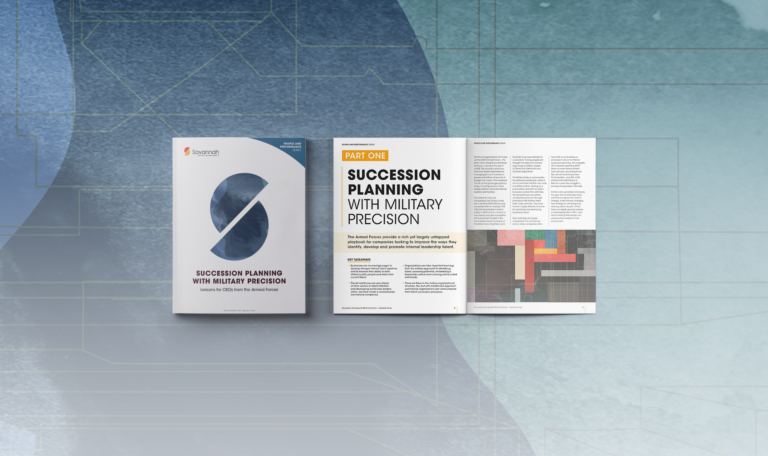Talent Mapping FAQs
Why invest in talent mapping?
Talent mapping is a proactive method for understanding the size, location, diversity, distribution and mobility of candidate populations. Through talent mapping, business leaders can make informed decisions about leadership hiring priorities and approaches. It also lays the groundwork for effective and efficient hiring processes, reducing time to hire and ensuring a higher probability of a successful recruitment outcome.
When’s the right time to do talent mapping?
You should consider talent mapping if your business or functional strategy needs in-demand, relatively rare skills to be successful. You could also consider talent mapping if there is a lack of leadership alignment on a strategic hire, or if you are struggling to increase diversity at senior levels and want to better understand the candidate population or pipeline.
Should I consider talent mapping in a downturn?
A less buoyant economy can be the ideal time to get ahead of your competitors for talent and achieve alignment on hiring priorities and targets.
Why should I choose Savannah for talent mapping?
Our talent mapping services are delivered by a dedicated team of data analysts, talent intelligence experts, and industry and functional specialists. The team is supported by our proprietary AI technology which enables them to search further and faster.
Why is AI a helpful addition to talent mapping?
Traditional manual searches are very labour-intensive. To save time and costs, researchers will limit their searches to specific geographies, industries and functions. With AI, however, there are no such restrictions. Our proprietary AI searches and analyses millions of datapoints across hundreds of sources. This provides a team with a more robust dataset, from which they can draw deeper and more accurate insights.
Does AI introduce bias to talent mapping?
Our AI identifies relevant candidates based on company and people capability alone. It does not make selections based on any demographic characteristics. It is trained solely on the technical career markers recruitment teams look for when determining relevancy for inclusion within a project.
Does AI introduce bias to talent intelligence?
Our AI identifies relevant candidates based on company and people capability alone. It does not make selections based on any demographic characteristics. It is trained solely on the technical career markers recruitment teams look for when determining relevancy for inclusion within a project.
How much of the process is done by AI?
AI enables us to map the market much faster than traditional methods and helps us categorise the data required to deliver talent insights. But the ultimate decision about who to include in a project is always made by an experienced executive researcher. This ensures every profile is validated by a human being, not AI.
